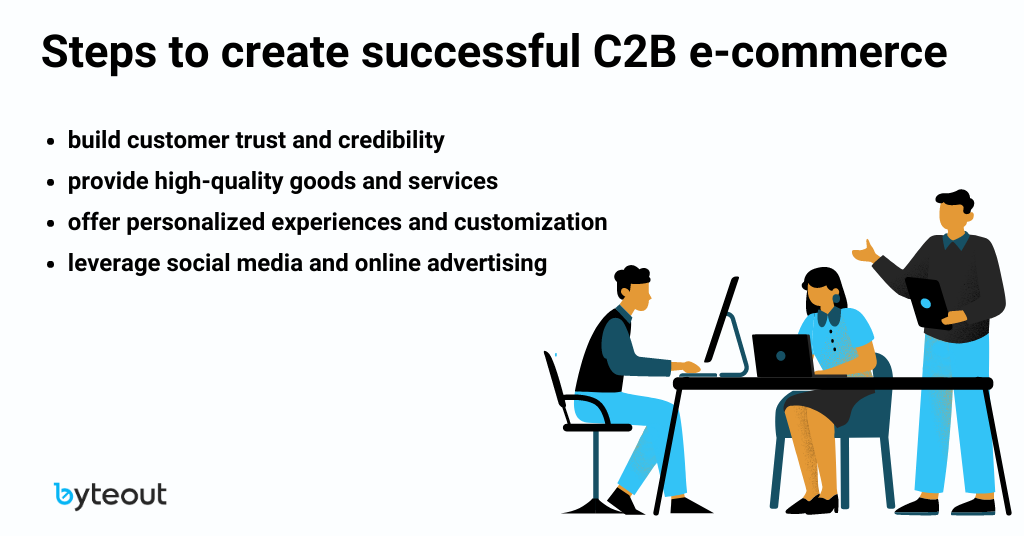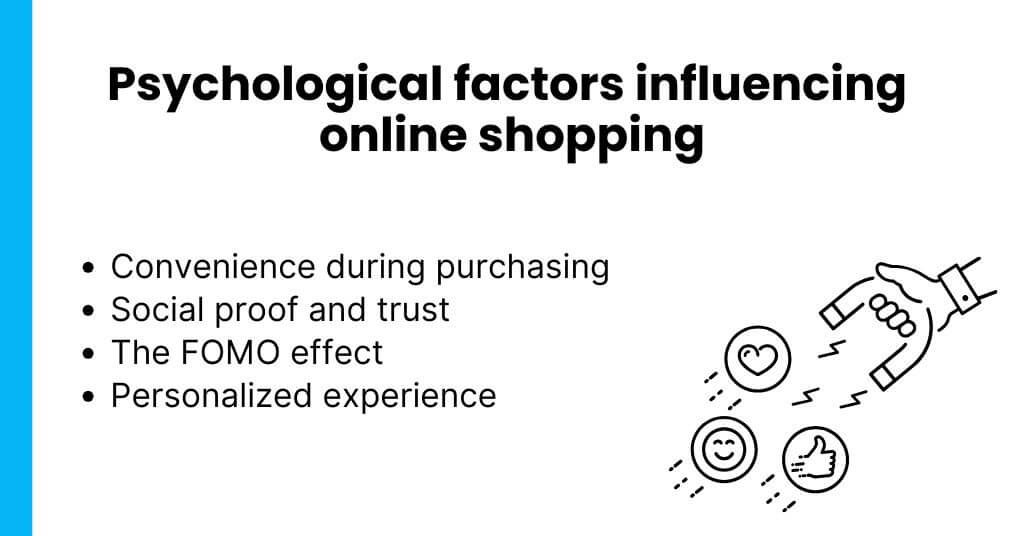
Shopify alternatives – what’s the best one for you
If you’re looking to build an online store, chances are you’ve heard of Shopify. It’s one of the biggest names in the ecommerce world, but there are other options out there.
There are plenty of Shopify alternatives that might be a better fit for your needs. Some people find Shopify expensive and less customizable than other platforms.
Table of Contents
WooCommerce
WooCommerce is a top choice for anyone looking to build an online store on WordPress. It’s technically a plugin that turns your WordPress website into a neat ecommerce store. If you’re already using WordPress, or plan to, WooCommerce is a natural fit.
- You can customize just about anything on WooCommerce. This makes it great if you’re comfortable with tech or have a team to help.
- WooCommerce is very popular, meaning you’ll find many resources, plugins, and extensions to add almost any feature you can think of.
- While WooCommerce is free, you’ll need to pay for hosting, security, and themes.
WooCommerce is ideal for someone who’s already familiar with WordPress or is willing to learn. It’s flexible and scalable!.
BigCommerce
If you want something similar to Shopify but with fewer transaction fees and more built-in features, BigCommerce could be a great option. It’s a powerful ecommerce platform that offers all the tools you need to build, manage, and scale an online store.
- BigCommerce has customizable templates and great marketing tools without the need for third-party apps.
- Unlike Shopify, BigCommerce doesn’t charge transaction fees if you use third-party payment gateways. This can save you money, especially as your store grows.
- BigCommerce has excellent built-in SEO features.
BigCommerce is great for growing businesses that want more features out of the box without relying on add-ons. It’s easy to use but still offers plenty of customization options..
Wix
Wix is known for its website builder, but it also has a solid ecommerce platform built-in. If you’re looking for something super easy to use with drag-and-drop functionality, Wix could be one of the great Shopify alternatives.
- Wix has a simple drag-and-drop builder.
- Wix’s pricing is straightforward, and it tends to be more affordable for small businesses or those just getting started with ecommerce.
- You get hosting, design tools, and ecommerce features all in one place, which can simplify things for beginners.
Wix is perfect for small business owners or beginners who want to quickly set up an online store without a steep learning curve.
👉Is Shopify the best ecommerce platform?
Squarespace
Squarespace is known for its beautiful templates and easy-to-use website builder. But it’s also a solid Shopify alternative, especially if design is a priority for you.
- Squarespace has some of the best-looking templates around.
- Squarespace offers a user-friendly interface with drag-and-drop design. You don’t need any coding knowledge to build a professional-looking store.
Squarespace is ideal for creatives and entrepreneurs who want a beautifully designed store that’s easy to manage. It’s a good choice if you want a balance between content creation and ecommerce.
Magento
Magento is one of the most powerful ecommerce platforms out there and one of the strongest Shopify alternatives. But it’s also one of the most complex. Now owned by Adobe, it’s called Adobe Commerce and best suits larger businesses with big ambitions.
- Magento is open-source, which means you can customize every aspect of your store. If you’ve got the resources, there’s almost no limit to what you can do.
- Magento is known for its ability to handle large-scale businesses with thousands of products and heavy traffic.
- Magento has a good community and plenty of resources for troubleshooting and learning.
Magento is for large businesses or fast-growing companies that need advanced features and are willing to invest in development and maintenance. It’s powerful but requires more technical know-how.
Thinking about switching platforms? Read now 👉 Better performance – migrate ecommerce website
PrestaShop
PrestaShop is another open-source ecommerce platform that’s popular for its flexibility. It’s free to download and install, but like WooCommerce and Magento, you’ll need to pay for hosting and possibly hire a developer for more advanced features.
- PrestaShop is free to use, which can make it cost-effective if you don’t mind managing your hosting and setup.
- You can customize your store’s look and functionality with tons of add-ons and integrations.
- PrestaShop is available in multiple languages and currencies, making it great for international stores.
PrestaShop is a good fit for businesses that need flexibility and are comfortable handling the technical side or have a developer on hand.
- Trust & creative strategy: what still wins in DTC marketing
- Ecommerce website accessibility: The hidden revenue loss
- How to scale Amazon brand off Amazon
- Combining Amazon with Shopify: The Better & Better story
- The Amazon Ranking Strategy That Works in 2025
Should you really build a webshop by yourself?
Building a webshop from scratch sounds exciting, but it’s no easy task. Sure, platforms like Shopify and other Shopify alternatives make things easier.
But even with a great platform, setting up a professional, high-converting online store requires expertise in design, user experience, and technical setup. That’s where we come in.
We can build your store for you. You’ll get a visually stunning online store but also optimized for sales, while helping you choose the best platform that fits your needs and goals. Let us take the guesswork out of it so you can focus on growing your business.
Whichever path you choose, remember that your ecommerce platform is just one part of the puzzle. Building an online store is about finding what works best for your business, your customers, and your long-term goals.
Our ecommerce nerds recommend reading

Best Amazon FBA course: Top picks for 2025

Connect Shopify to Amazon: Step-by-step in 2025

C2B e-commerce


